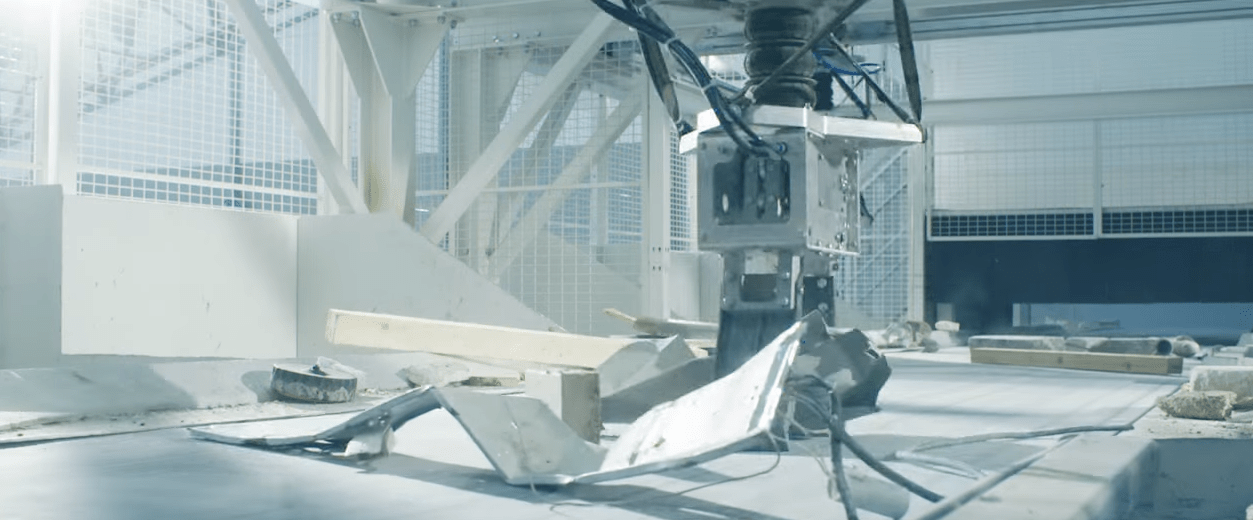It makes sense to be wary of technologies designed to eliminate human labor. We’re humans ourselves, after all, and we can imagine how devastating it would be if bots could take over our jobs — if HAL or Siri or some other thing could saddle up to our standing desks and compose in-depth analysis, nuanced commentary, and scathing satire. But some jobs are so dangerous that we might be better handing them off to robots entirely. Or, at least, that’s what Boulder-based AMP Robotics is hoping. And it wants to make recycling cheaper — and more effective — while it’s at it.
Working in a recycling facility is dangerous. Recent figures from the University of Illinois’s School of Public Health show that workers in a recycling plant are more than twice as likely to be injured at work as the average worker. Between 2011 and 2013, 17 recycling workers died on the job in the U.S. …
AMP Robotics thinks it can cut the cost of running recycling by half, or even two-thirds, mainly from the substitution of machines for humans. It’s working on two robot systems, including a “cartesian-type” (which moves along an overhead gantry) and a “spider-type”(a swooping multi-pronged arm).
“The key part of [most recycling facilities] is people standing around a conveyor picking garbage out,” says founder Matanya Horowitz. “It’s a dangerous job and unpleasant, and expensive because you need a tremendous amount of manual labor. We hope to change the economics so recycling isn’t just the right thing to do; it’s also the economically superior choice.”
The robot systems are still in prototype form, but Horowitz says they’re teaching it to distinguish recyclable items and pick them out of the waste stream. “We use an array of off-the-shelf sensors, then we use a tremendous of image processing and machine-learning to recognize different kinds of object,” Horowitz says, describing something oddly similar to the human brain. But, hey, look at the silver-lining — while this technology may someday render our human recyclers obsolete, it also makes for cool video:



